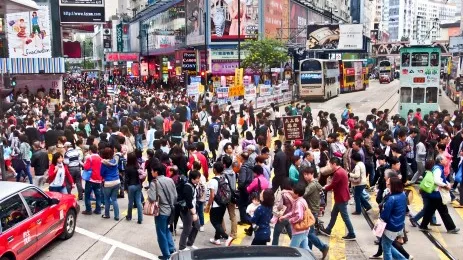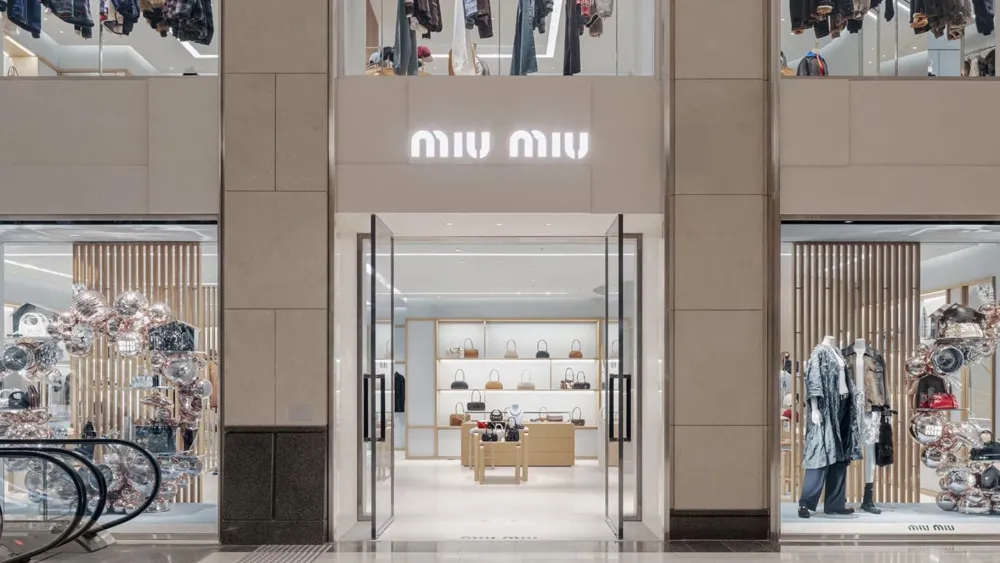
Weekly News Wrap: Most Chinese shoppers still cautious of going out; Singaporeans hit the malls before sales tax hike
And China pledges to step up financial support to the catering sector.
From CNBC:
Most Chinese people still don’t want to leave their apartments, despite a relaxation in Covid-related restrictions, an Oliver Wyman survey found.
More than 90% of consumers surveyed over the weekend said they are avoiding going out, the consulting firm said. Nearly 60% of respondents said they wouldn’t be comfortable going out in public for at least the next few months.
After months of increasingly stringent measures to control Covid-19 outbreaks, mainland China suddenly ended most restrictions in early December. Meanwhile, infections started to surge in Beijing and subsequently other cities, such as Shanghai.
READ MORE: Luxury market’s last quarter growth hinges on China’s reopening
From Reuters:
Singaporean Soif Noor has already bought furniture and appliances for his new home, four months before he can move in. Like many residents, he has been on a spree - because on 1 January Singapore's sales tax went up for the first time in 15 years.
From next year, the sales tax on everything from groceries to diamond rings goes from 7% to 8%.
Overall, economists say the impact of the one percentage point tax hike may be muted, with a consumer spending surge before the rise likely to be offset by a drop afterwards. But for residents like Soif, it's a significant trigger.
From Reuters:
China will step up financial support to small and private businesses in the catering and tourism sectors that were hit hard by the COVID-19 epidemic, the country's banking and insurance regulator said in a statement.
Contact-intensive services sector suffered the most amid China's anti-virus curbs which shut many restaurants down and restricted tourists' travels.
After the National Health Commission on Monday announced China would end quarantine requirements for inbound travellers from 8 January, some people flocked to travel sites on Tuesday ahead of borders reopening.
"The recovery and expansion of consumption will be a priority," China Banking and Insurance Regulatory Commission (CBIRC) said in the statement.
The purchase of big-ticket items such as new energy vehicles and green home appliances will be encouraged, CBIRC said.



















 Advertise
Advertise







